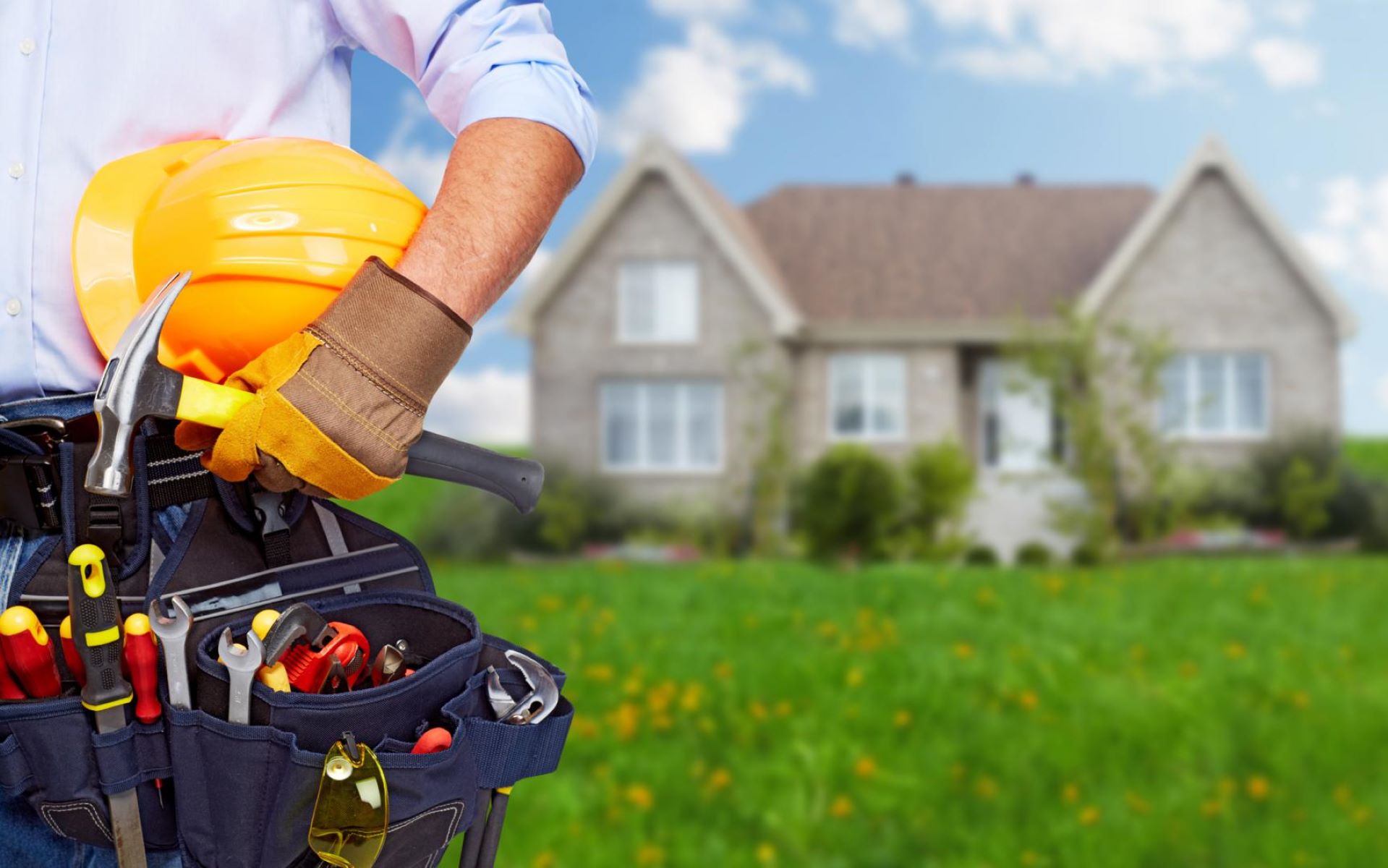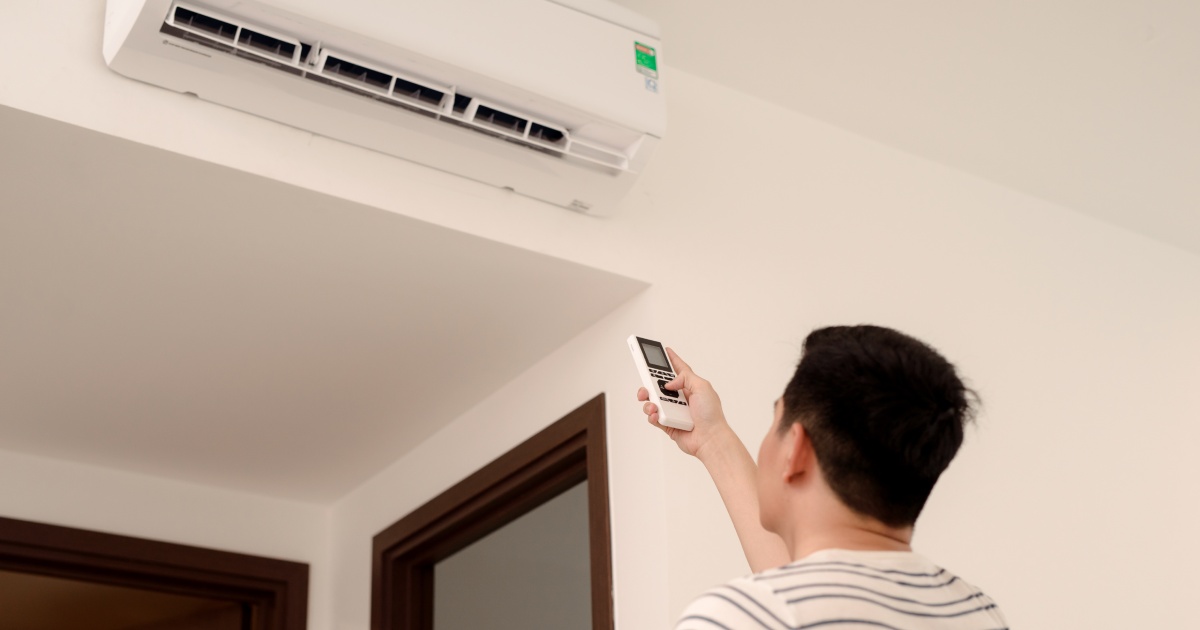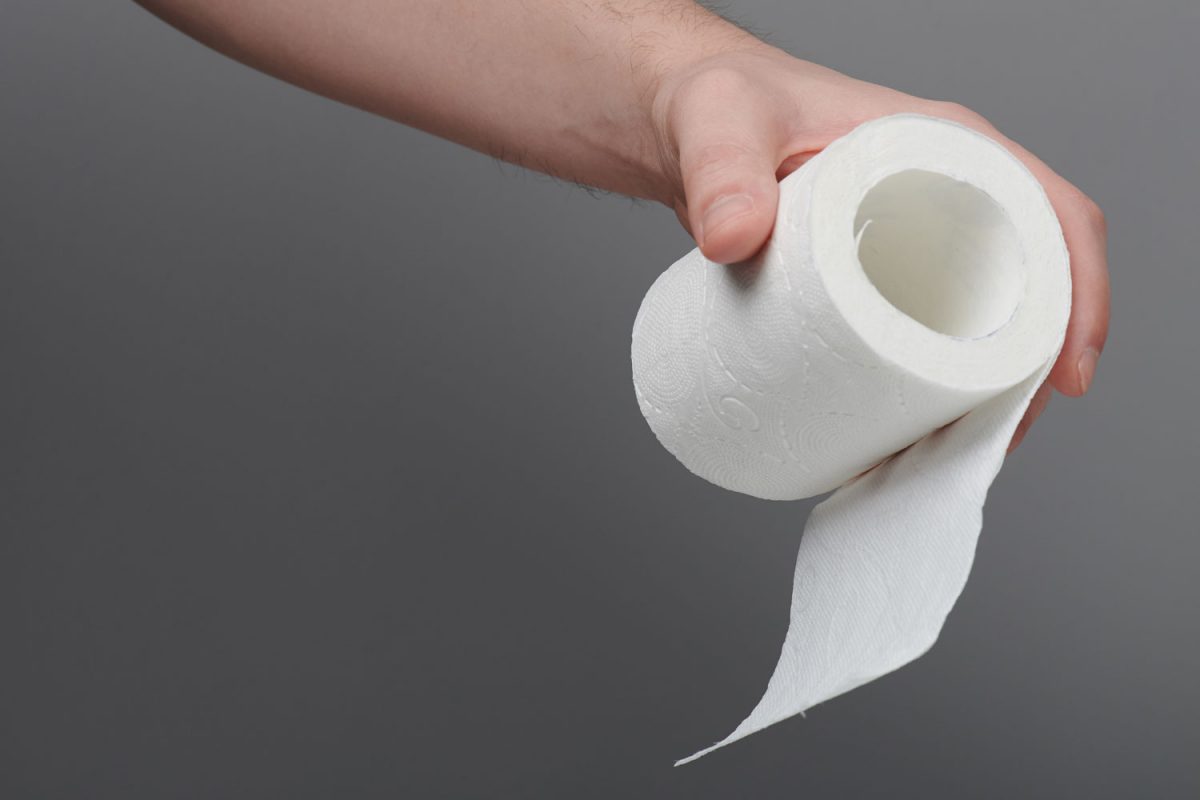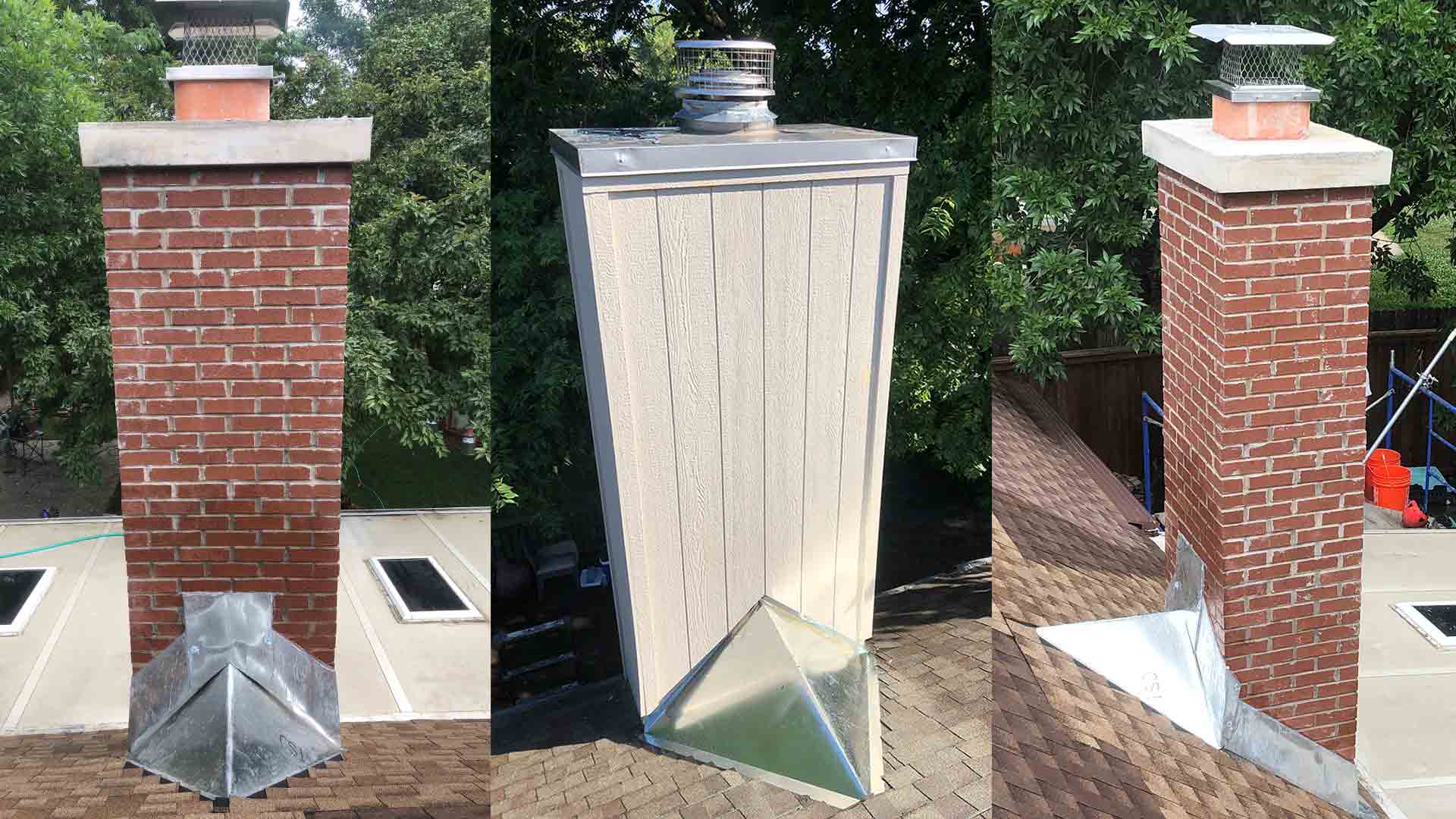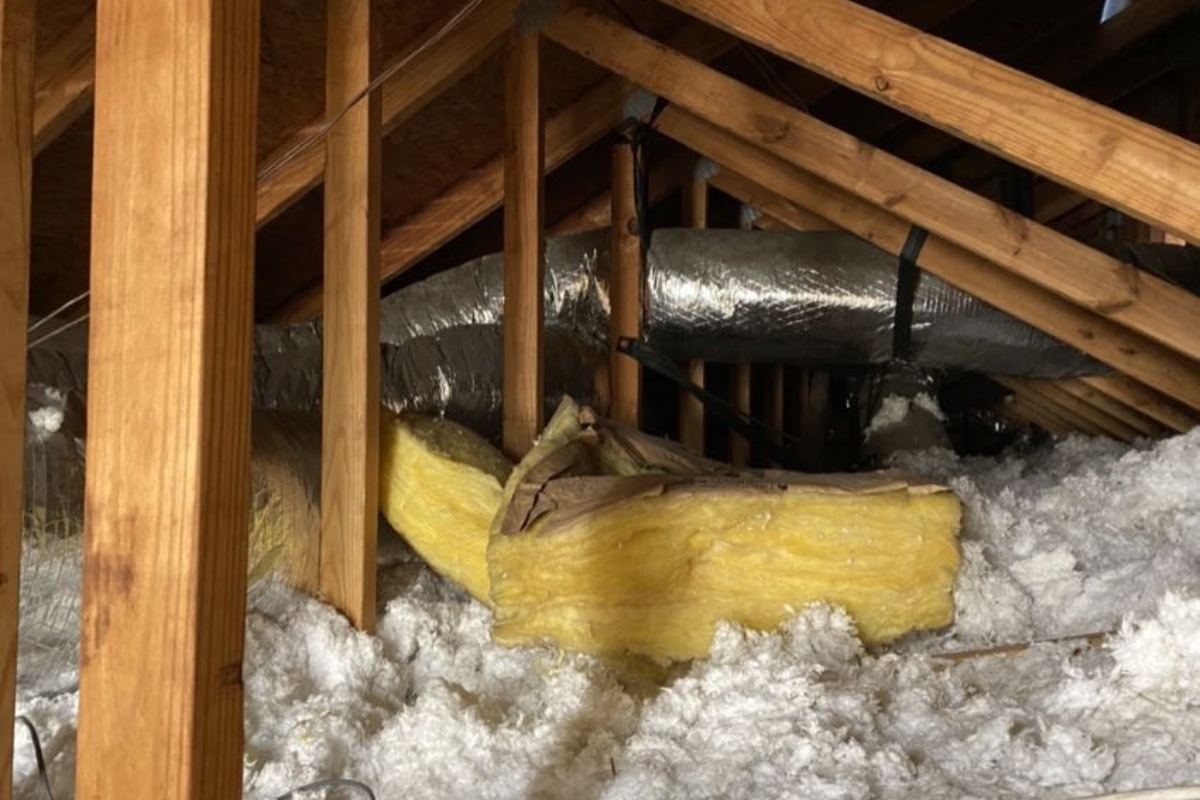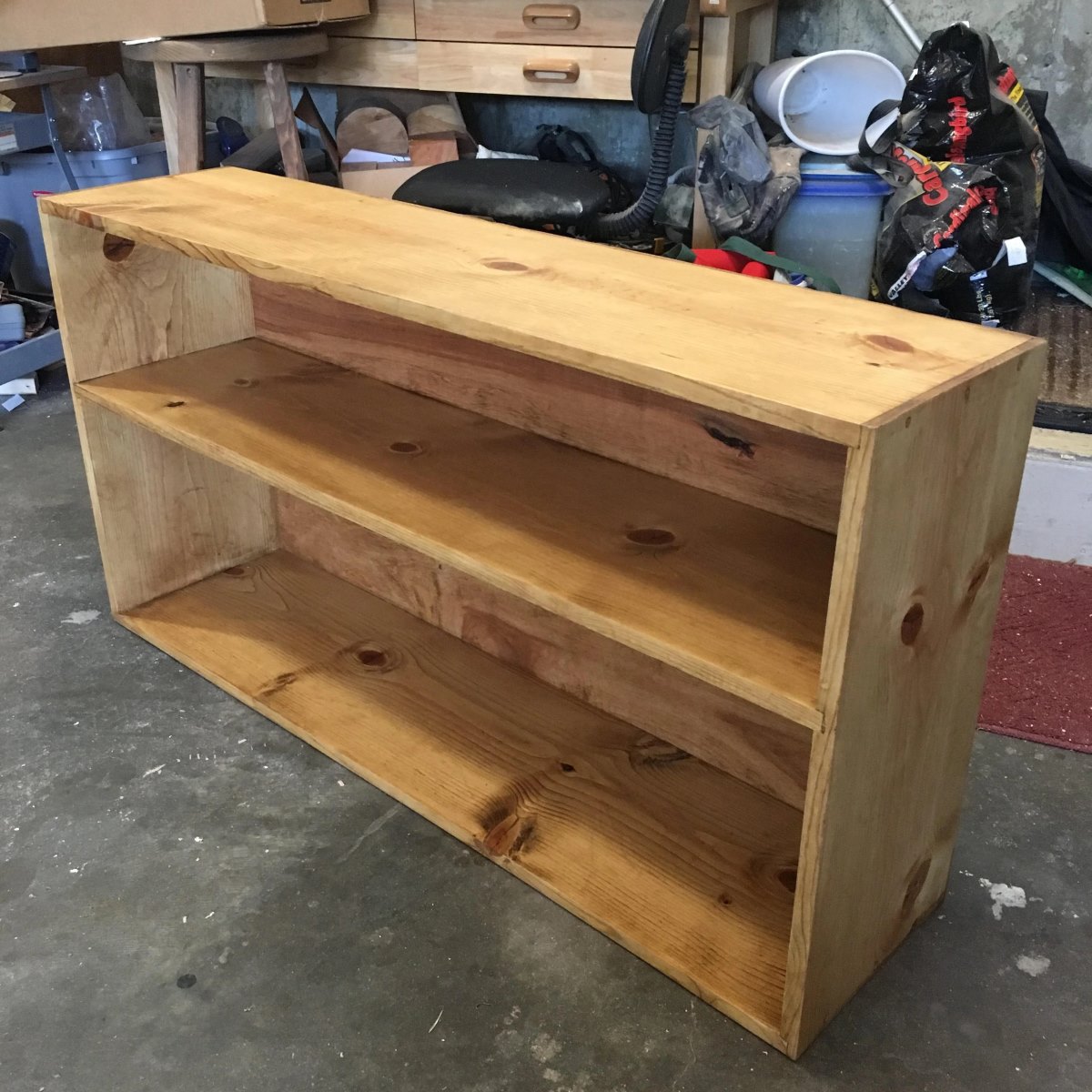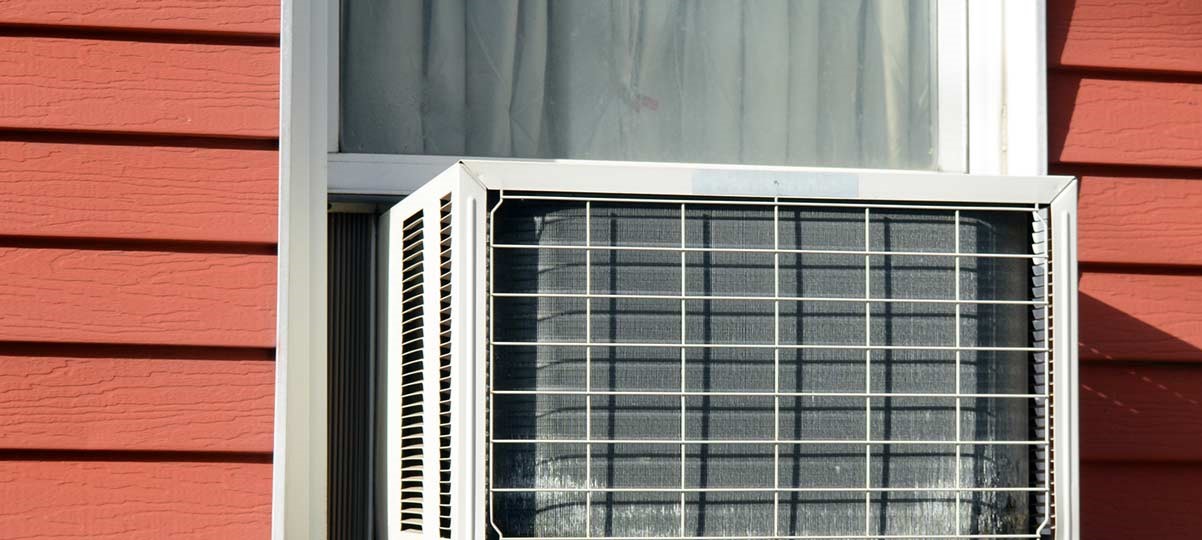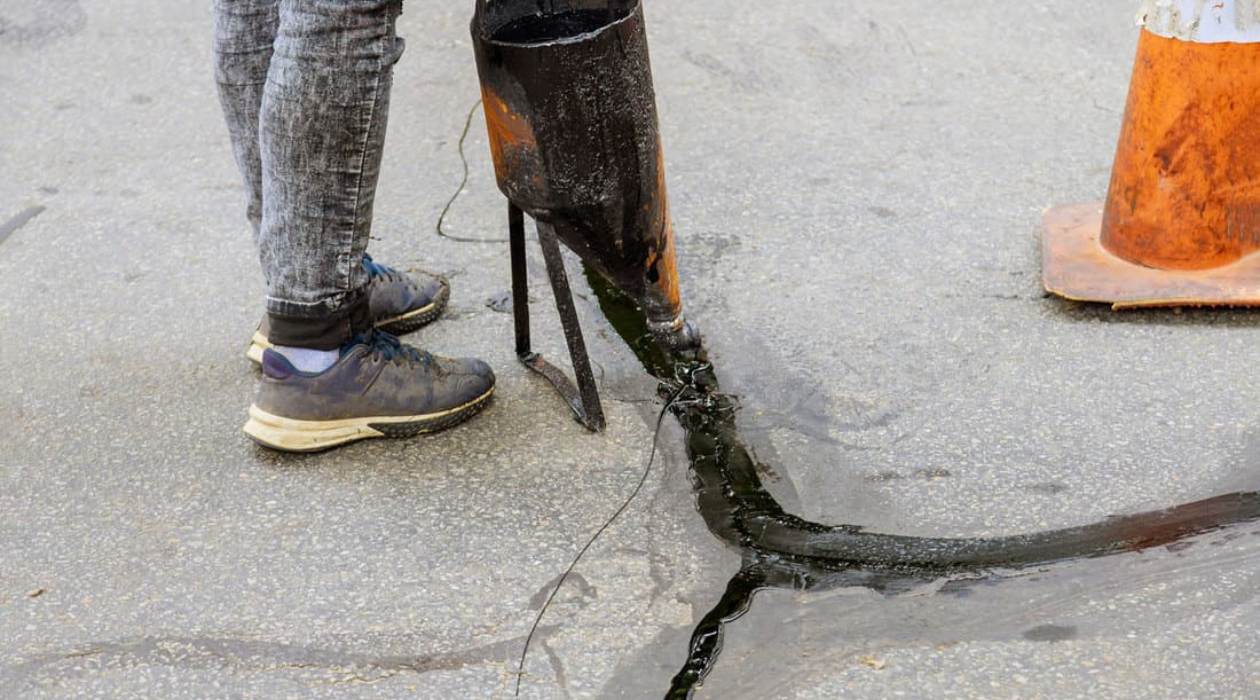Home>Home Maintenance>On Average, How Much Should I Budget Per Year For Regular Home Maintenance And Repairs?


Home Maintenance
On Average, How Much Should I Budget Per Year For Regular Home Maintenance And Repairs?
Modified: March 6, 2024
Discover the perfect budget for your regular home maintenance and repairs. Learn the average yearly expenses for keeping your home in top condition.
(Many of the links in this article redirect to a specific reviewed product. Your purchase of these products through affiliate links helps to generate commission for Storables.com, at no extra cost. Learn more)
Introduction
Welcome to the world of home maintenance! Owning a home is a significant accomplishment, but it also comes with responsibilities. One of the key responsibilities is regular home maintenance and repairs. Proper maintenance not only keeps your home in top shape but also helps to prevent major issues that can cost you a fortune.
But how much should you budget for home maintenance and repairs? It’s a common question that many homeowners ask. While the cost may vary depending on multiple factors, we can provide you with a general idea of what to expect. In this article, we’ll explore the average costs for home maintenance and repairs, offer tips for budgeting, and emphasize the importance of regular maintenance.
Whether you’re a new homeowner or have been in your home for years, understanding the budgeting process for home maintenance and repairs is crucial for your financial well-being.
Key Takeaways:
- Budgeting for home maintenance and repairs is crucial for homeowners. Consider factors like home age, size, and location. Plan for regular tasks like HVAC servicing and plumbing inspections, and set aside funds for unexpected repairs.
- Regular maintenance saves money in the long run and ensures a safe, comfortable home. Create a separate savings account, research service providers, and prioritize upkeep. By staying proactive, you can preserve your home’s value and enjoy peace of mind.
Read more: How Much Should I Budget For Home Repairs
Factors to Consider
Before we dive into the average costs of home maintenance and repairs, let’s take a moment to consider the factors that can influence these costs. By understanding these factors, you’ll be better equipped to create a realistic budget.
1. Age of the Home: Older homes tend to require more maintenance and repairs due to wear and tear. Factors such as outdated electrical systems, plumbing issues, and deteriorating structures can significantly impact the overall cost.
2. Size of the Home: The size of your home plays a role in determining maintenance and repair costs. A larger home will generally have more systems, appliances, and square footage to maintain, which may increase your budget.
3. Location: The location of your home can influence maintenance costs. For example, if you live in an area prone to extreme weather conditions, you may need to allocate more funds for weather-related repairs.
4. Quality of Materials: The quality of the materials used in your home’s construction can impact maintenance and repair costs. Higher-quality materials may require less frequent repairs, but they can be more expensive upfront.
5. DIY vs. Professional Help: Your budget can also be influenced by your ability and willingness to tackle home maintenance tasks on your own. DIY projects can save you money, but certain repairs may require professional expertise.
Keep these factors in mind as you plan your budget for home maintenance and repairs. Adjust your budget accordingly based on the unique characteristics of your home.
Average Costs for Home Maintenance
Now, let’s discuss the average costs you can expect to budget for home maintenance. Remember, these figures are just estimates and can vary based on the factors mentioned earlier.
1. HVAC Servicing: Heating, ventilation, and air conditioning systems should be serviced annually to ensure optimal performance. The average cost ranges from $70 to $150 per visit.
2. Plumbing Maintenance: Regular plumbing maintenance can help prevent costly leaks and pipe issues. Expect to spend around $100 to $200 for a professional inspection.
3. Roof Inspection: A professional roof inspection is crucial to catch any damage or leaks early. The average cost is approximately $200 to $500.
4. Exterior Maintenance: This includes tasks such as power washing, painting, and sealing. Depending on the size of your home, you can allocate $500 to $1,000 per year for these tasks.
5. Landscaping and Yard Maintenance: Keeping your yard in good shape can enhance your home’s curb appeal. The cost can range from $500 to $2,000 per year, depending on the size of your property and the level of maintenance required.
6. Pest Control: Regular pest control treatments can prevent infestations and protect your home from damage. Expect to spend around $300 to $500 per year.
Remember, these are rough estimates, and the costs can vary based on your location and specific needs. It’s always a good idea to get multiple quotes from reputable professionals to ensure you’re getting a fair price.
By budgeting for these maintenance tasks, you can stay on top of potential issues and prolong the lifespan of your home’s systems and structures.
Average Costs for Home Repairs
In addition to regular maintenance, home repairs are inevitable. Unexpected issues can arise, and it’s important to be financially prepared. Here are some average costs for common home repairs:
1. Plumbing Repairs: From leaky faucets to burst pipes, plumbing repairs can range from $150 for minor repairs to $1,000 or more for major issues.
2. Electrical Repairs: Electrical problems should always be handled by licensed professionals. The cost of electrical repairs can vary depending on the complexity of the issue, but expect to budget $200 to $500 on average.
3. Roof Repairs: Roof repairs can range from minor patching to complete shingle replacement. The cost can vary greatly depending on the extent of the damage, but expect to budget $300 to $1,000 or more for roof repairs.
4. Foundation Repairs: If you notice cracks or shifting in your foundation, it’s important to address the issue promptly. The cost of foundation repairs can range from a few thousand dollars to tens of thousands, depending on the severity of the problem.
5. HVAC Repairs: HVAC systems can encounter various issues, such as a malfunctioning thermostat or a broken compressor. On average, HVAC repairs can cost anywhere from $100 to $1,500, depending on the complexity of the repair.
6. Appliance Repairs: Appliances like refrigerators, dishwashers, and washing machines can break down unexpectedly. Repair costs can range from $100 for minor fixes to $500 or more for major repairs or part replacements.
It’s important to note that these are average costs, and the actual expenses can vary depending on the specific situation and your location. Always consult with professionals and obtain multiple quotes to ensure you’re getting a fair price.
By setting aside a contingency fund for unforeseen repairs, you can avoid financial stress and address issues promptly without compromising the condition of your home.
On average, budgeting 1-3% of your home’s value per year for regular maintenance and repairs can help you cover the costs of upkeep and prevent larger issues down the road.
Tips for Budgeting for Home Maintenance and Repairs
When it comes to budgeting for home maintenance and repairs, careful planning and smart financial management are key. Here are some helpful tips to keep in mind:
1. Create a separate savings account: Set up a dedicated savings account specifically for home maintenance and repairs. This will help you track your expenses and ensure that you have sufficient funds when needed.
2. Estimate costs realistically: Research average costs for maintenance and repairs in your area and factor them into your budget. Be sure to account for potential price fluctuations and inflation.
3. Prioritize regular maintenance: Investing in regular maintenance can save you money in the long run by preventing major repairs. Schedule routine inspections and tasks and budget for them accordingly.
4. Research service providers: Take the time to research and compare service providers in your area. Obtain multiple quotes, check online reviews, and ask for referrals to ensure you’re hiring reputable professionals at fair prices.
5. Consider DIY options: For certain tasks, you may be able to tackle them yourself. However, be realistic about your skills and abilities. Attempting complex repairs without proper knowledge can lead to more extensive and expensive damage.
6. Build an emergency fund: In addition to your regular maintenance budget, it’s wise to build an emergency fund for unexpected repairs that may exceed your allocated budget. Aim to save at least 1-3% of your home’s value per year for this purpose.
7. Review insurance policies: Understand your homeowner’s insurance policy and any coverage it provides for repairs or damages. Review your policy periodically to ensure it aligns with your needs and covers potential risks.
8. Plan for future renovations: If you have long-term plans for renovating or upgrading your home, start budgeting for those projects as well. Set aside a separate fund to gradually save for these renovations.
By following these tips, you can establish a realistic budget and be better prepared for home maintenance and repair expenses. Remember, proactive planning and regular upkeep are essential for preserving the value and condition of your home.
Read more: How Much Pumpkin Seeds Should I Eat Per Day
Importance of Regular Maintenance
Regular maintenance is not just about ensuring your home looks good, but it plays a crucial role in maintaining its overall health and functionality. Here are some reasons why regular maintenance is important:
1. Prevents Costly Repairs: By staying on top of regular maintenance tasks, you can identify and address small issues before they escalate into major problems. This proactive approach can save you from costly repairs down the line.
2. Maintains Efficiency: Regular maintenance ensures that all systems and appliances in your home are running efficiently. For example, servicing your HVAC system and cleaning air filters can improve energy efficiency and reduce utility bills.
3. Enhances Safety: By conducting regular inspections of electrical systems, gas lines, and other potential safety hazards, you can identify and rectify any issues promptly, minimizing the risk of accidents or injuries.
4. Preserves Home Value: A well-maintained home holds its value better in the long run. Regular maintenance helps to preserve the overall condition, appearance, and functionality of your home, which can be beneficial if you decide to sell in the future.
5. Improves Comfort: A home that is properly maintained provides a more comfortable living environment. Regular maintenance of heating and cooling systems, insulation, and ventilation can ensure optimal comfort throughout the year.
6. Extends Lifespan: Just like a car, regular maintenance can extend the lifespan of the various components and systems in your home. By taking care of your home, you can enjoy its benefits for many years to come.
7. Creates Peace of Mind: Knowing that your home is well-maintained and in good condition provides peace of mind. You can rest easy, knowing that you have taken the necessary precautions to address potential issues before they become major headaches.
Remember, regular maintenance is an ongoing process. Create a maintenance schedule and stick to it, ensuring that tasks are completed at the recommended intervals. By investing time and effort into regular maintenance, you can reap the rewards of a safe, comfortable, and well-maintained home.
Conclusion
Home maintenance and repairs are an integral part of homeownership. By budgeting and planning for these expenses, you can protect your investment and maintain the comfort, safety, and value of your home.
Factors such as the age of your home, its size, location, and the quality of materials used should be considered when setting a budget. Regular maintenance tasks like HVAC servicing, plumbing inspections, roof checks, and exterior maintenance should be included in your budget. Additionally, preparing for unexpected repairs is crucial, as issues with plumbing, electrical systems, roof, foundation, and appliances can arise.
Remember to research and obtain multiple quotes from professionals, and if you’re confident in your skills, consider DIY options for certain tasks. Building a separate savings account for home maintenance, creating an emergency fund, and reviewing your insurance policy can provide additional financial security.
Regular maintenance is not just about preventing costly repairs, but also maintaining efficiency, safety, and home value. It improves the overall comfort of your living space and extends the lifespan of your home’s components. The peace of mind that comes from knowing your home is well-maintained is invaluable.
So, take the time to plan, budget, and prioritize home maintenance and repairs. Your home is more than just a shelter; it’s a long-term investment that deserves your attention and care. By staying proactive, you can ensure that your home remains a safe and comfortable haven for you and your family.
Frequently Asked Questions about On Average, How Much Should I Budget Per Year For Regular Home Maintenance And Repairs?
Was this page helpful?
At Storables.com, we guarantee accurate and reliable information. Our content, validated by Expert Board Contributors, is crafted following stringent Editorial Policies. We're committed to providing you with well-researched, expert-backed insights for all your informational needs.


